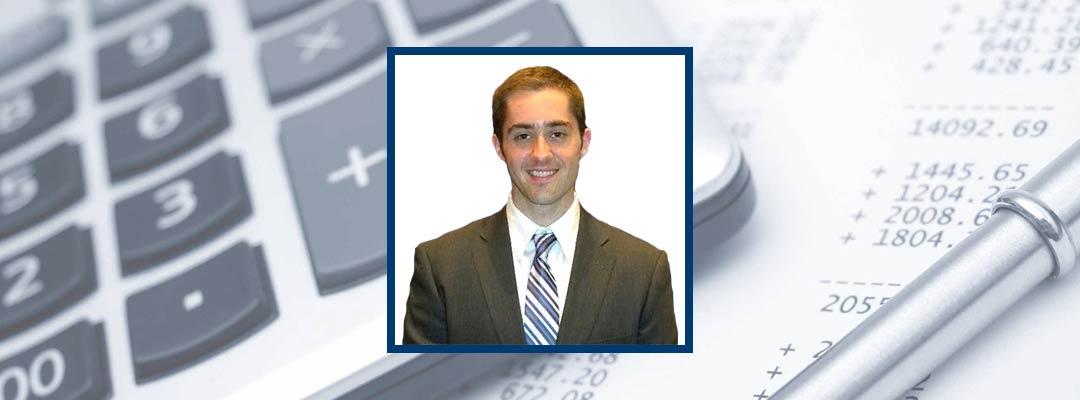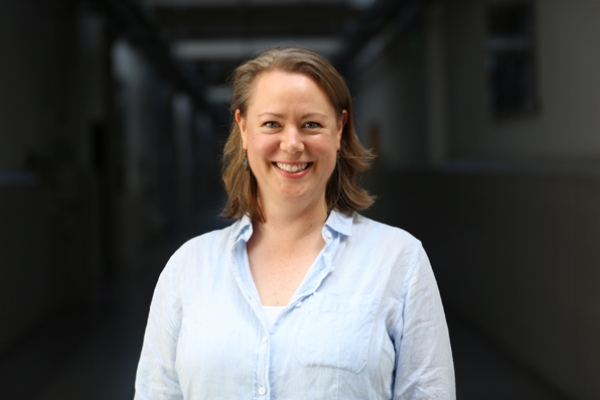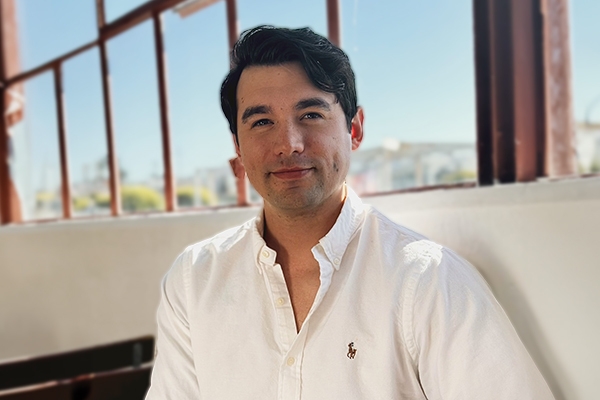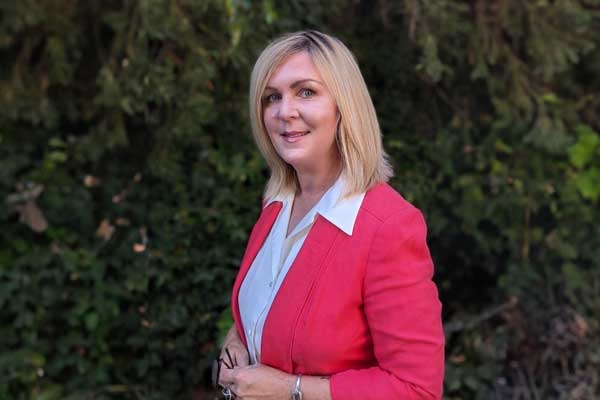There’s an expectation that when you graduate college, you’re going to pursue a riveting career in your chosen major. But for some, a passion in college doesn’t translate to a passion in the working world.
Take Shay Skilling.
He earned both a Bachelor’s and Master’s in Music at Northwestern University and the Manhattan School of Music, respectively. He later had an idea of pursuing law school. So to see if law was a viable career, he started working as a corporate paralegal at MultiPlan in New York City. A couple years into it and Shay was not feeling a love for law.
Upon some self-reflection, Shay found that he had a penchant for financial planning and working with numbers.
“I enjoy the functions of accounting more than reading or drafting documents,” Shay says of his career shift.
In order to be fully prepared to excel as an accountant, Shay needed to add CPA to his credentials.
In order to be fully prepared to pass the CPA® Exam, Shay needed the foundational coursework in accounting.
So he turned to our Certificate Program in Accounting.
Why?
In order to be licensed as a CPA, I needed 150 hours of study. The flexibility the certificate offers drew me in. I was able to work 9-to-5 and still have time to study. Also, the UC Berkeley name would look good on my résumé.
Was this your first time taking online courses?
I had not taken online courses before, but I liked it. I’m able to be self-motivated and do independent study, so it worked out for me. My interest in the subject area also kept me motivated.
I finished the certificate program in November 2016, over the course of two years. I went at my own pace.
The classes set me up well and I passed the CPA® exam!
And after graduation, you sat for the CPA® Exam. How did you do?
The courses gave me the foundational knowledge to prepare for the CPA® Exam. I also subscribed to a curriculum that teaches toward the test.
There’s a lot of information to learn going through school. By the time I got into the certificate, anything that I would encounter was not completely unfamiliar, but I wasn’t able to apply it enough [at work] to really thoroughly understand it. I needed to get a job and take the exam to gain a deeper understanding of the concepts. The classes set me up well and I passed the exam! My CPA® licensure application is submitted, and I’m expected to be licensed in a matter of weeks.
I’m able to make sense of the logic behind how accounting works.
Congratulations! And now you’re working as a tax accountant.
I work in Atlanta at CPA advisory firm Lanigan and Associates. We are a regional firm in the Southeast and have three offices with upwards of 75 employees.
I prepare income tax returns for individuals, partnerships, corporations, trusts and estates.
Doing the work helps me apply the tax knowledge I learned in class. A lot of the intermediary accounting courses have information about bookkeeping or basic accounting rules or generally accepted accounting principles. During school, it was about retaining information and getting exposure; now, I’m putting that into practice. I’m able to make sense of the logic behind how accounting works.
How would you describe a typical day?
Most of my day is doing analysis, preparing tax returns or doing financial planning. The majority of this is independent work, but I do participate in forecast meetings and status checks. Today, I was preparing a partnership tax return and some individual tax returns, and spent most of the day gathering all of the documentation, doing the analysis and making sure that everything is presented correctly.
What does earning the certificate mean to you?
It is an accomplishment and I appreciate having done the coursework. It was my ticket to taking the CPA® exam and the certificate is from a well-respected school. It helped me get into the accounting world and make a career of it.



